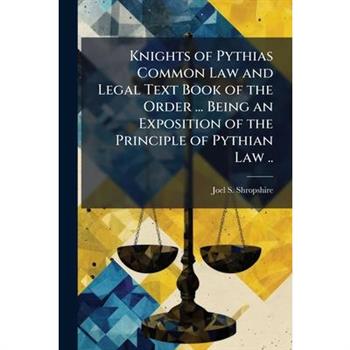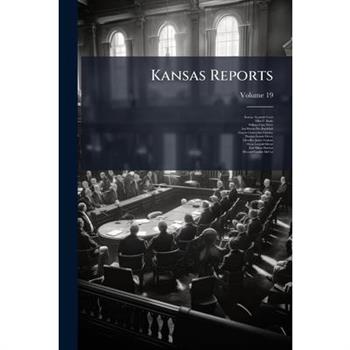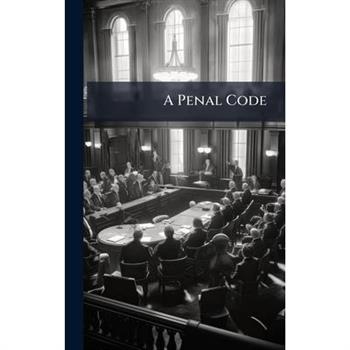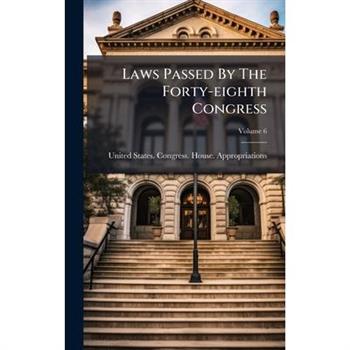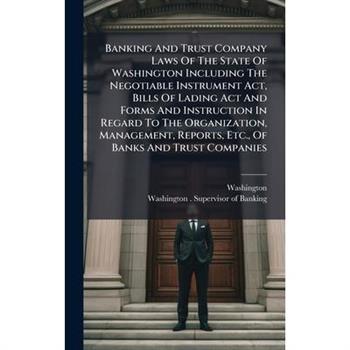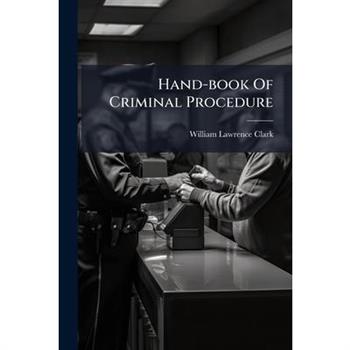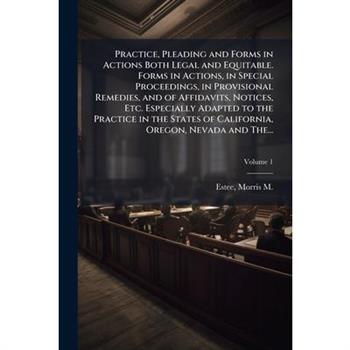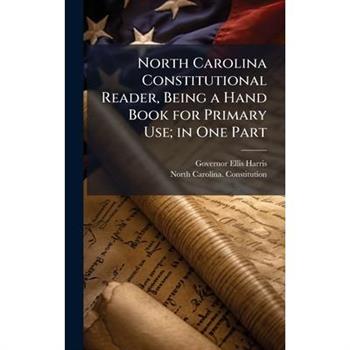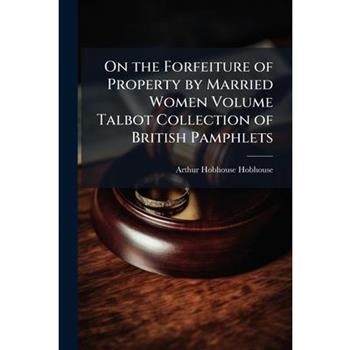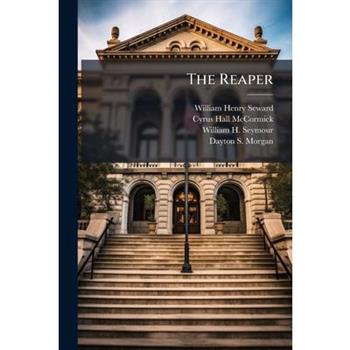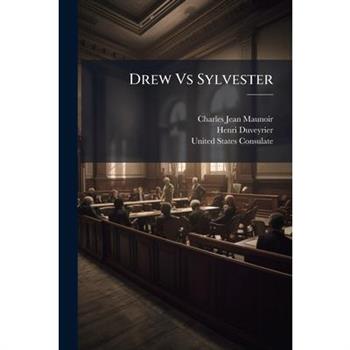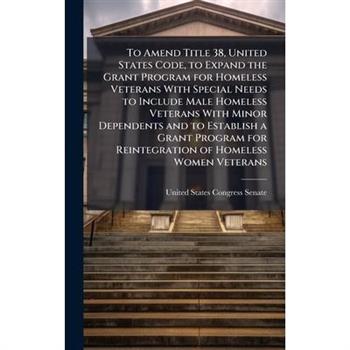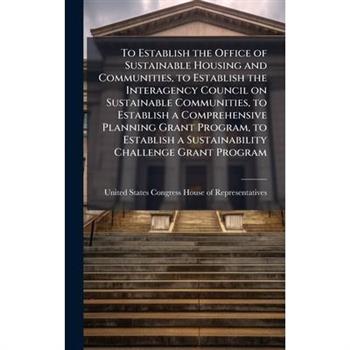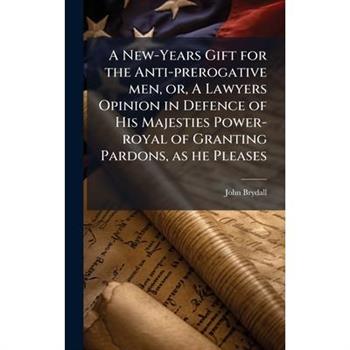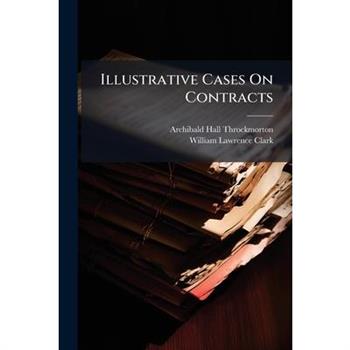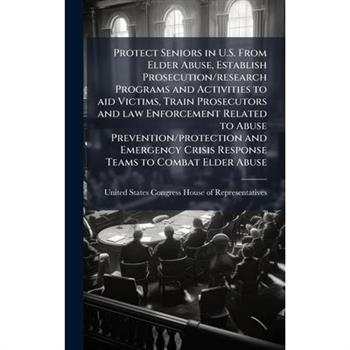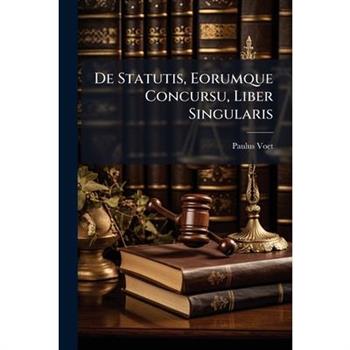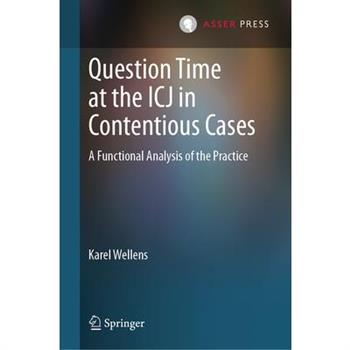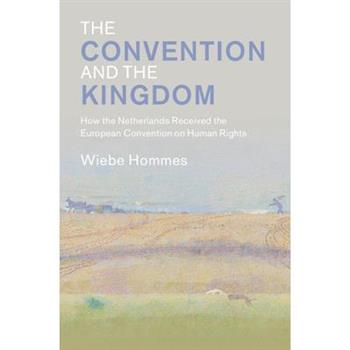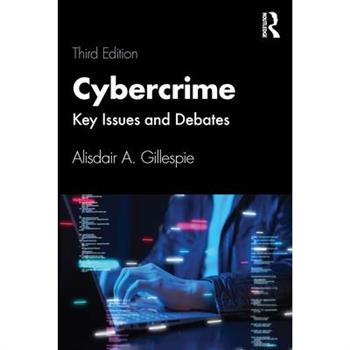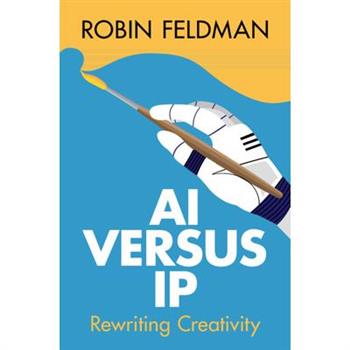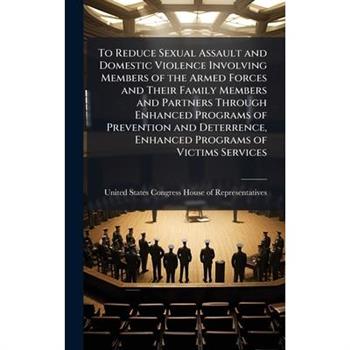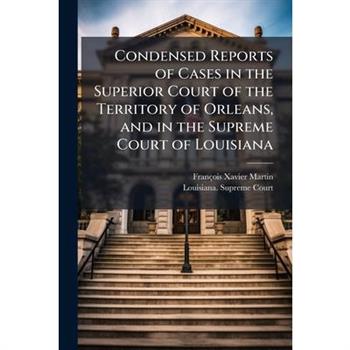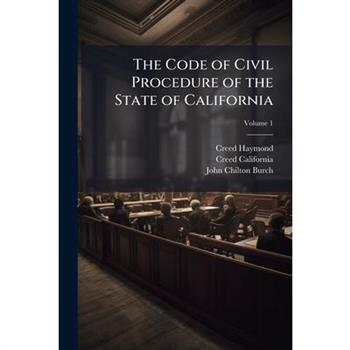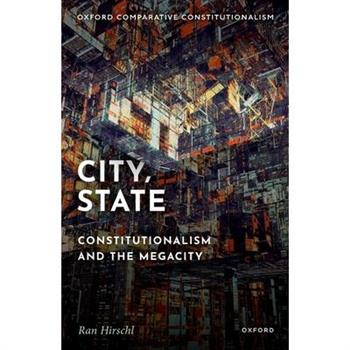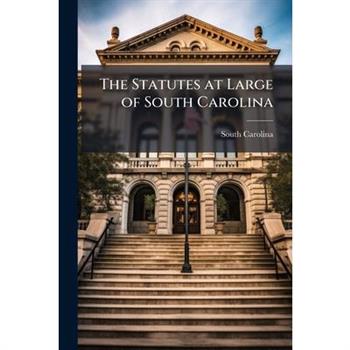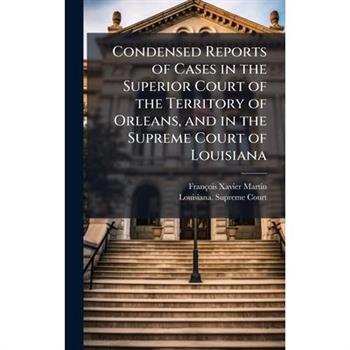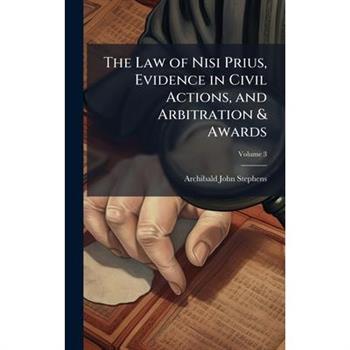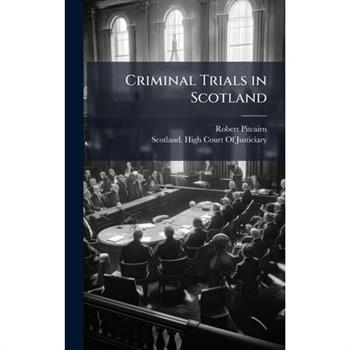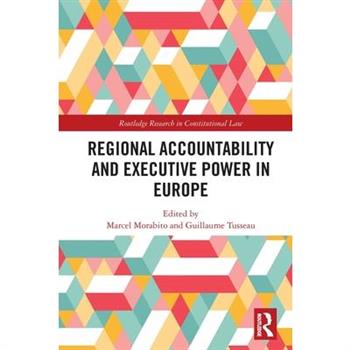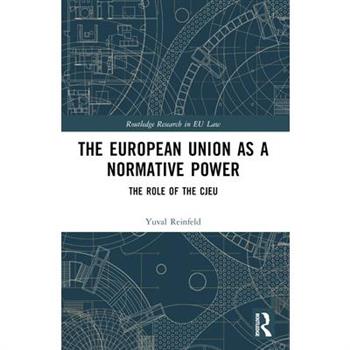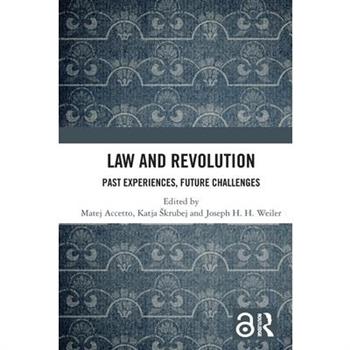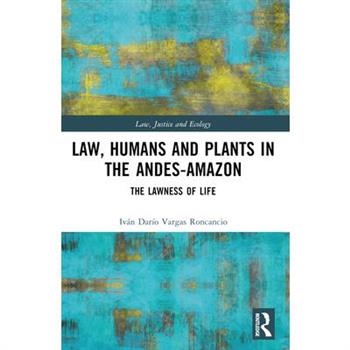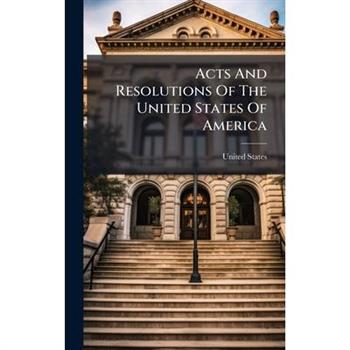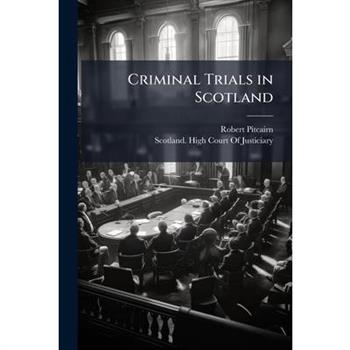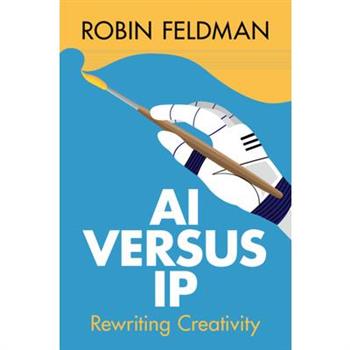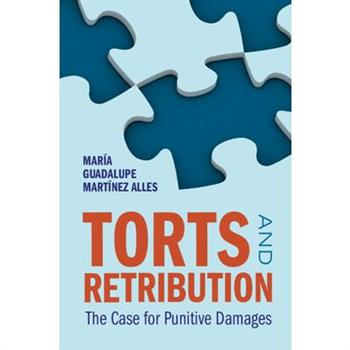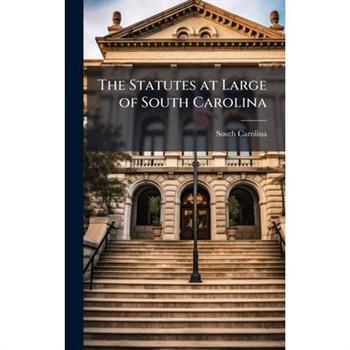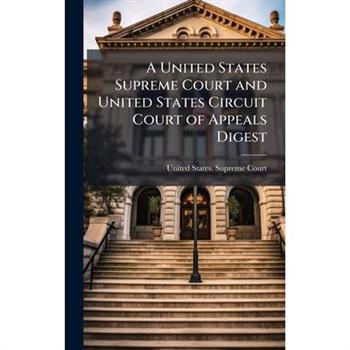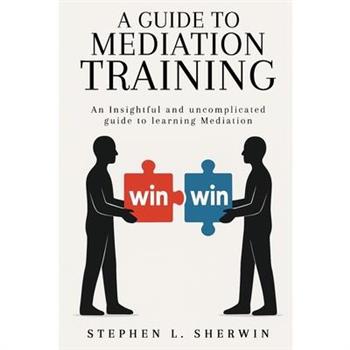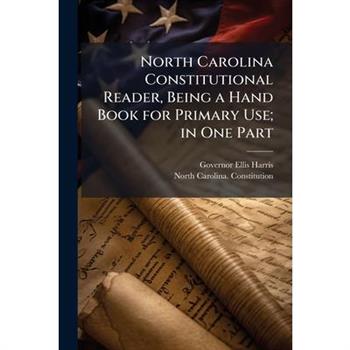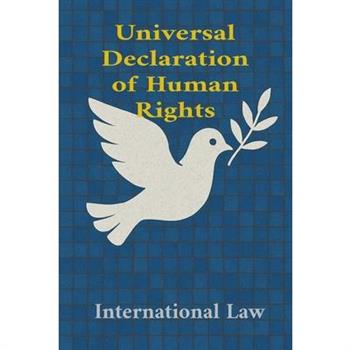De Statutis, Eorumque Concursu, Liber Singularis
Question Time at the Icj in Contentious Cases
This book, written from a practice-oriented perspective, examines whether and how questioning from the Bench actually achieves its objective, i.e. to assist the Court. Particular circumstances such as incidental proceedings and the time factor have an impact on the act of questioning, while the provisional relevance of issues raised--perceived as such by both the Court and the parties--may later turn out to be effective and rather important. Judicial actors have raised both conceptual and contextual questions, as well as procedural and substantive, and even hypothetical ones. The subject-matter of questions depends on the Court's champ op矇ratoire, while the parties' litigation strategy and their co-operational duties provide the framework to respond to the Court and to comment on the other party's replies. A survey of this practice--by both the judicial actors and the parties--well-established now after almost eight decades, constitutes the groundwork for the qualitative analysis of the manner in which questions, replies and comments have found their way into the judicial reasoning of the Court and of individual judges. In the overwhelming majority of judgments and individual opinions this judicial engagement has been co-decisive. This is the first, in-depth, and comprehensive monograph providing a functional analysis of this managerial tool at the Court's disposal, making it essential reading for both scholars and practitioners, studying and involved with the Court's jurisprudence. Karel Wellens is Emeritus Professor of International Law at the Radboud University Nijmegen in The Netherlands.
The Convention and the Kingdom
How and why did the European Convention turn from a neglected legal tool into one of the most important human rights documents in legal practice? This book argues this remarkable development wasn't merely the result of a top-down movement initiated by the European Court, but of a far more dynamic process in which the national and European spheres engaged in constant co-creation. Focusing on the Netherlands and uncovering little known archival sources, it lays bare how the Convention was received over time throughout the entire Kingdom. In doing so, it incorporates insight into how European human rights were perceived in Europe and beyond. A much more varied story comes to light in which contingency and interaction take centre stage, and which uncovers the choices that continue to shape the character of the Convention as we know it today.
Cybercrime
Now in its third edition, Cybercrime: Key Issues and Debates provides a valuable overview of this fast-paced and growing area of law. As technology develops and internet-enabled devices become ever more prevalent, new opportunities exist for that technology to be exploited by criminals. One result of this is that cybercrime is increasingly recognised as a distinct branch of criminal law. The book offers readers a thematic and critical overview of cybercrime, introducing the key principles and clearly showing the connections between topics as well as highlighting areas subject to debate.Written with an emphasis on the law in the UK but considering in detail the Council of Europe's important Convention on Cybercrime, this text also covers the jurisdictional aspects of cybercrime in international law. Themes discussed include crimes against computers, property, offensive content, bullying, sexual offences and cybercrime investigation. This new edition has been brought up to date to include coverage of the latest developments in this fast-moving area, including AI and end-to-end encryption. New chapters dedicated to cyberbullying and cyberstalking and online sexual abuse have also been incorporated.Clear, concise and critical, this book is designed for students studying cybercrime for the first time, enabling them to get to grips with an area of rapid change.
Cities and Environmental Change
Environmental issues have always burdened cities and their residents. This volume analyses how cities have solved past environmental challenges to provide a framework on which to build solutions to the problems caused by the climate crisis. It sets urban environmental crises within the socio-technical history of urban development. With six application chapters that provide rich and detailed examples of urban environmental transitions - including water resources, air quality, and public health - this book promotes better understanding of how urban environmental change takes place across a wide array of social-ecological-technological systems. It illustrates the process of urban environmental transition and the role crises play in shifts in urban environmental policy. Readers of the book will gain a deeper understanding of urban climate action and activities for future action. It is invaluable reading for students, researchers, and policymakers in environmental sustainability, climate change, urban studies and planning, and public policy.
AI Versus IP
The rise of artificial intelligence is challenging the foundations of intellectual property. In AI versus IP: Rewriting Creativity, science writer Robin Feldman offers a balanced perspective as she explains how artificial intelligence (AI) threatens to erode all of intellectual property (IP) - patents, trademarks, copyrights, trade secrets, and rights of publicity. Using analogies to the Bridgerton fantasy series and the Good Housekeeping 'Seal of Approval, ' Professor Feldman also offers solutions to ensure a peaceful coexistence between AI and IP. And if you've ever wanted to understand just how modern AI programs like ChatGPT, Claude, Gemini, Grok, Meta AI, and others work, AI versus IP: Rewriting Creativity explains it all in simple language, no math required. AI and IP can coexist, Feldman argues, but only if we fully understand them and only with considerable effort and forethought.
The Code of Civil Procedure of the State of California
City, State
More than half of the world's population lives in cities; by 2050, it will be more than three quarters. Projections suggest that megacities of 50 million or even 100 million inhabitants will emerge by the end of the century, mostly in the Global South. This shift marks a major and unprecedented transformation of the organization of society, both spatially and geopolitically. Our constitutional institutions and imagination, however, have failed to keep pace with this new reality. Cities have remained virtually absent from constitutional law and constitutional thought, not to mention from comparative constitutional studies more generally. As the world is urbanizing at an extraordinary rate, this book argues, new thinking about constitutionalism and urbanization is desperately needed. In six chapters, the book considers the reasons for the "constitutional blind spot" concerning the metropolis, probes the constitutional relationship between states and (mega)cities worldwide, examines patterns of constitutional change and stalemate in city status, and aims to carve a new place for the city in constitutional thought, constitutional law and constitutional practice.
Acts And Resolutions Of The United States Of America
AI Versus IP
The rise of artificial intelligence is challenging the foundations of intellectual property. In AI versus IP: Rewriting Creativity, science writer Robin Feldman offers a balanced perspective as she explains how artificial intelligence (AI) threatens to erode all of intellectual property (IP) - patents, trademarks, copyrights, trade secrets, and rights of publicity. Using analogies to the Bridgerton fantasy series and the Good Housekeeping 'Seal of Approval, ' Professor Feldman also offers solutions to ensure a peaceful coexistence between AI and IP. And if you've ever wanted to understand just how modern AI programs like ChatGPT, Claude, Gemini, Grok, Meta AI, and others work, AI versus IP: Rewriting Creativity explains it all in simple language, no math required. AI and IP can coexist, Feldman argues, but only if we fully understand them and only with considerable effort and forethought.
Torts and Retribution
Torts and Retribution is the first work of its kind to offer a comprehensive analytical retributive framework for punitive damages across legal jurisdictions. It expands the scope of tort theory by unchaining it from the canonically exclusive perspective of the defendant by integrating the long-overlooked perspective of victims of reprehensible wrongdoing seeking punitive awards. Its cross-disciplinary approach brings to tort theory insights from empirical research on social cognition and theoretical debates over the retributive justifications for the imposition of punishment under a conceptual framework coined Relational Retribution. This framework suits both the bilateral structure of tort law and the proactive role allocated to the victim in tort litigation. By recognizing the fundamental connection between the defendant and the plaintiff, Relational Retribution focuses both on punishment as the imposition of a deserved sanction and on the significance of the wrongdoing for the victims and their demand for denunciation and value affirmation.





